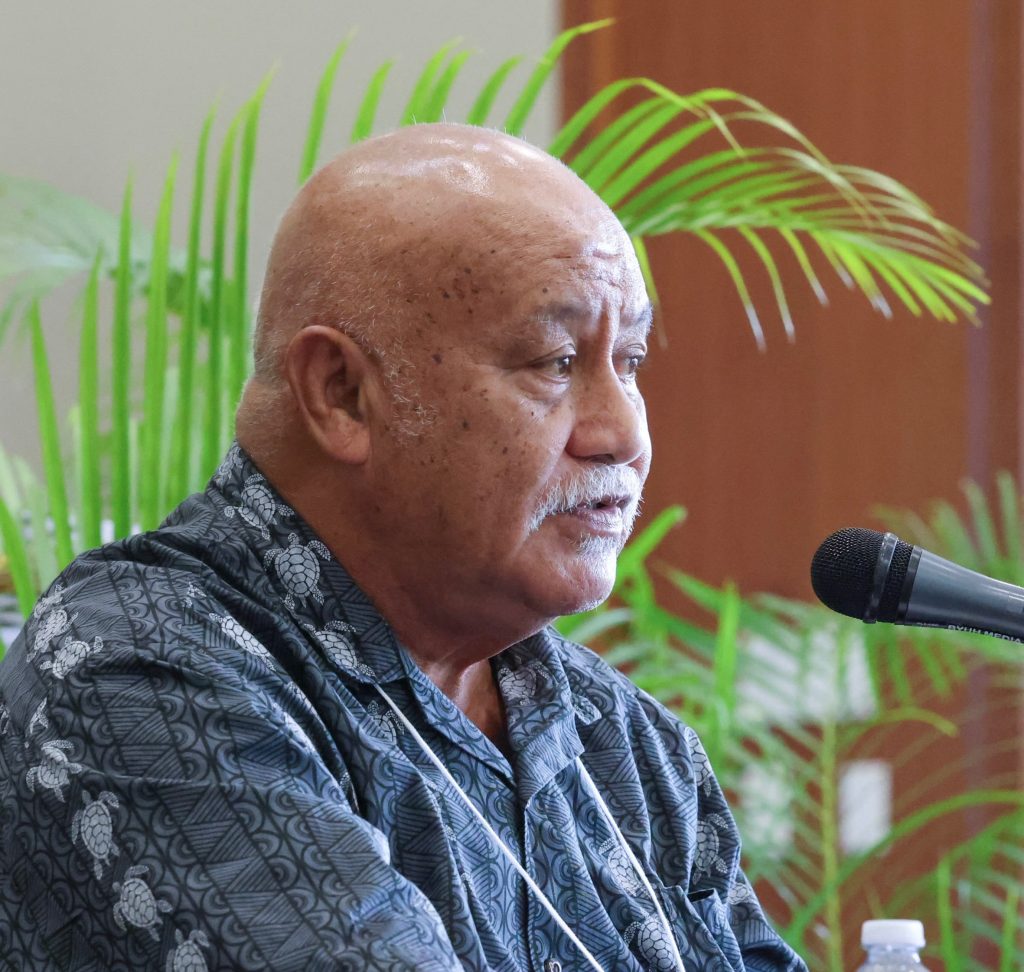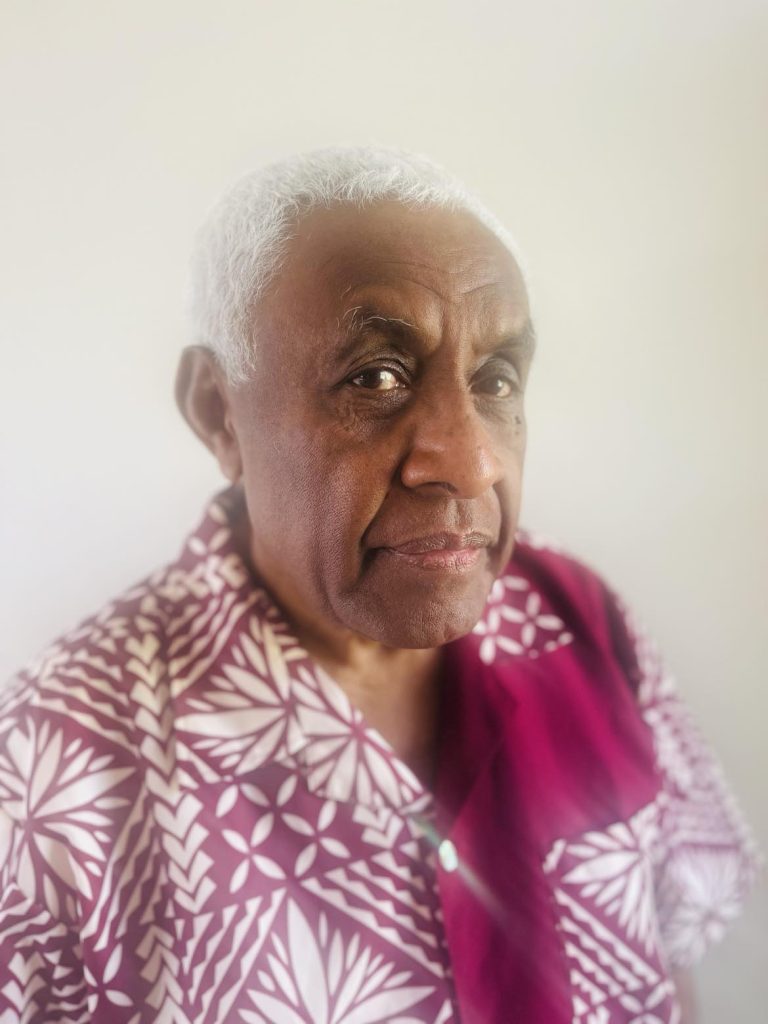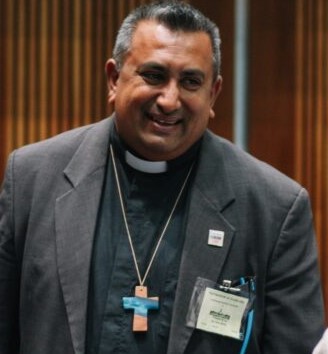Civil Society’s Role in Building a Culture of Dignity in Tonga

Siotame Drew Havea is board chairman of the Civil Society Forum of Tonga and a founding member of the Tonga National Youth Conference and the Tonga National Leadership Development Forum. This post is based on his remarks presented during the panel “Religion, Civil Society, and Human Dignity in Oceania” at the Oceanian Perspectives on Human Dignity Conference held at BYU–Hawaii in Laie, Oahu, Hawaii, 23–25 April 2024.
Human Dignity for All People
For many of us, human dignity from a religious perspective is grounded in our creation “in the image of God,” which motivates us with a liberating force to care for the sick, homeless, enslaved, and those who struggle for self-determination. We do not see God, but we are taught to have faith. Our understanding of God has been formulated from our family upbringing, our churches, and our cultural settings that connect us to the ecosystem of our society—our relationship to people and our relationship to our environment. We tend to interpret, in the glory of God, certain uniform characteristics of people whom we consider to be image bearers of God, and so we associate God’s image with people of power and status superior to us.


